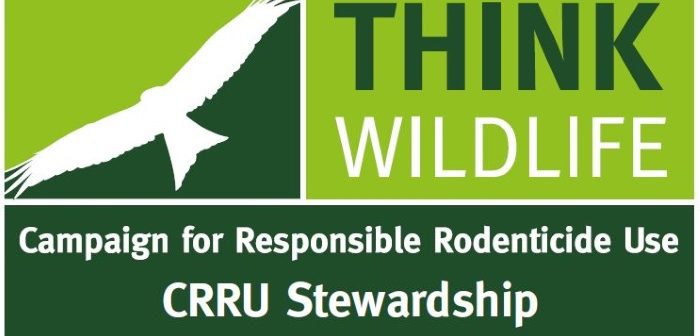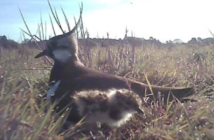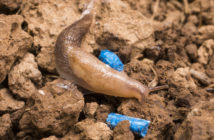Eleven assurance schemes with combined memberships of 95,000 farm businesses will be compliant with the UK Rodenticide Stewardship Regime for 2018.
They are:
AIC’s Trade Assurance Scheme for Combinable Crops
British Egg Industry Council’s Lion code
Duck Assurance Scheme
Farm Assured Welsh Livestock
Laid in Britain
Northern Ireland Beef & Lamb Farm Quality Assurance
Northern Ireland Farm Quality Assured Cereals
Red Tractor Farm Assurance
Quality British Turkey
Quality Meat Scotland
Scottish Quality Crops
Farmers presenting their membership document at sales outlets as proof of competence will continue to be able to purchase stewardship-label professional rodenticides from 1 January onwards. The audit standards of all 11 assurance schemes have been verified for compliance with stewardship conditions and the CRRU UK Code of Best Practice, which broadly require a systematic approach to rodent pest control, with documentation and regular independent audit procedures.
In parallel, sellers of professional use rodenticides to pest controllers, farmers and gamekeepers are required by 31 December to have registered for a stewardship point-of-sale audit. Administered by BASIS Registration, this requires authorisation holders (i.e. rodenticide manufacturers) to ensure UK sellers of their professional use products pass the audit and maintain this standard for the future.
Farmers outside the approved schemes have three rodenticide use options: 1) Take an approved training course* and show the certificate when purchasing rodenticide. 2) Employ a certified professional pest controller. 3) Use rodenticide products authorised for amateur use. *thinkwildlife.org/list-of-training-and-certification/
The Campaign for Responsible Rodenticide Use UK reports to HSE and other Government Departments on rodenticide stewardship implementation. CRRU chairman Dr Alan Buckle says this combination of farm assurance and point-of-sale control helps ensure the entire supply chain is correctly implementing stewardship measures.
“This will make a significant contribution to enabling continued access by competent users to professional use rodenticides for the future,” he emphasises.




